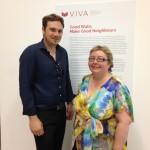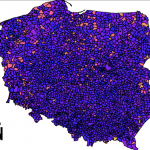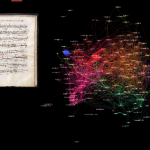STSM Virtual Knowledge (Exploring Research Methodology and Epistemology in Humanities, Film Studies and Social Sciences) Report of Senka Anastasova

A Short Scientific Report after completion of the Short Term Scientific Mission at Faculty of Fine Arts School of Film Studies, Aristotle University of Thessaloniki, Greece concerning the research Virtual Knowledge (Exploring Research Methodology and Epistemology in Humanities, Film Studies and Social Sciences) The main aim of this short…




